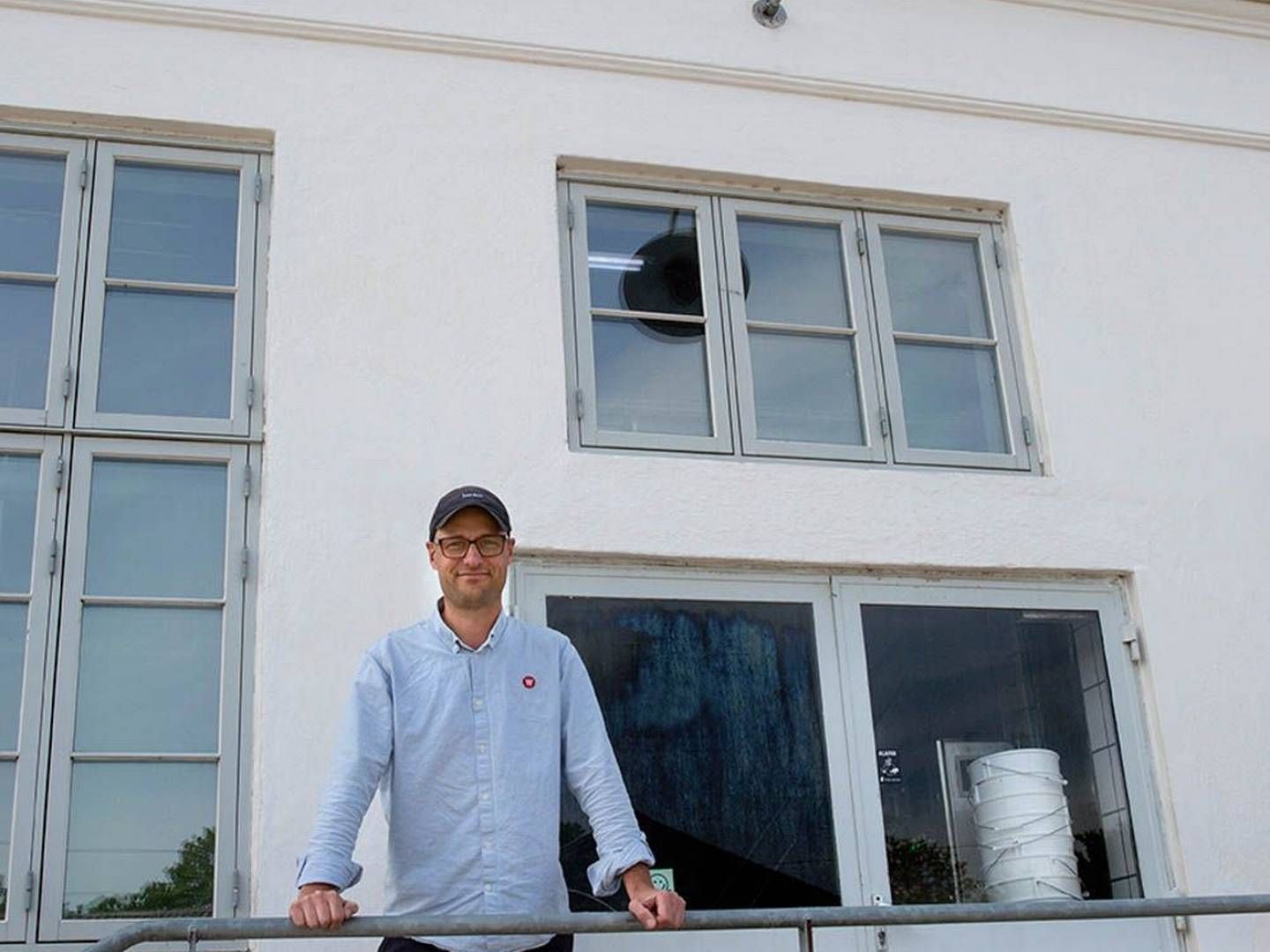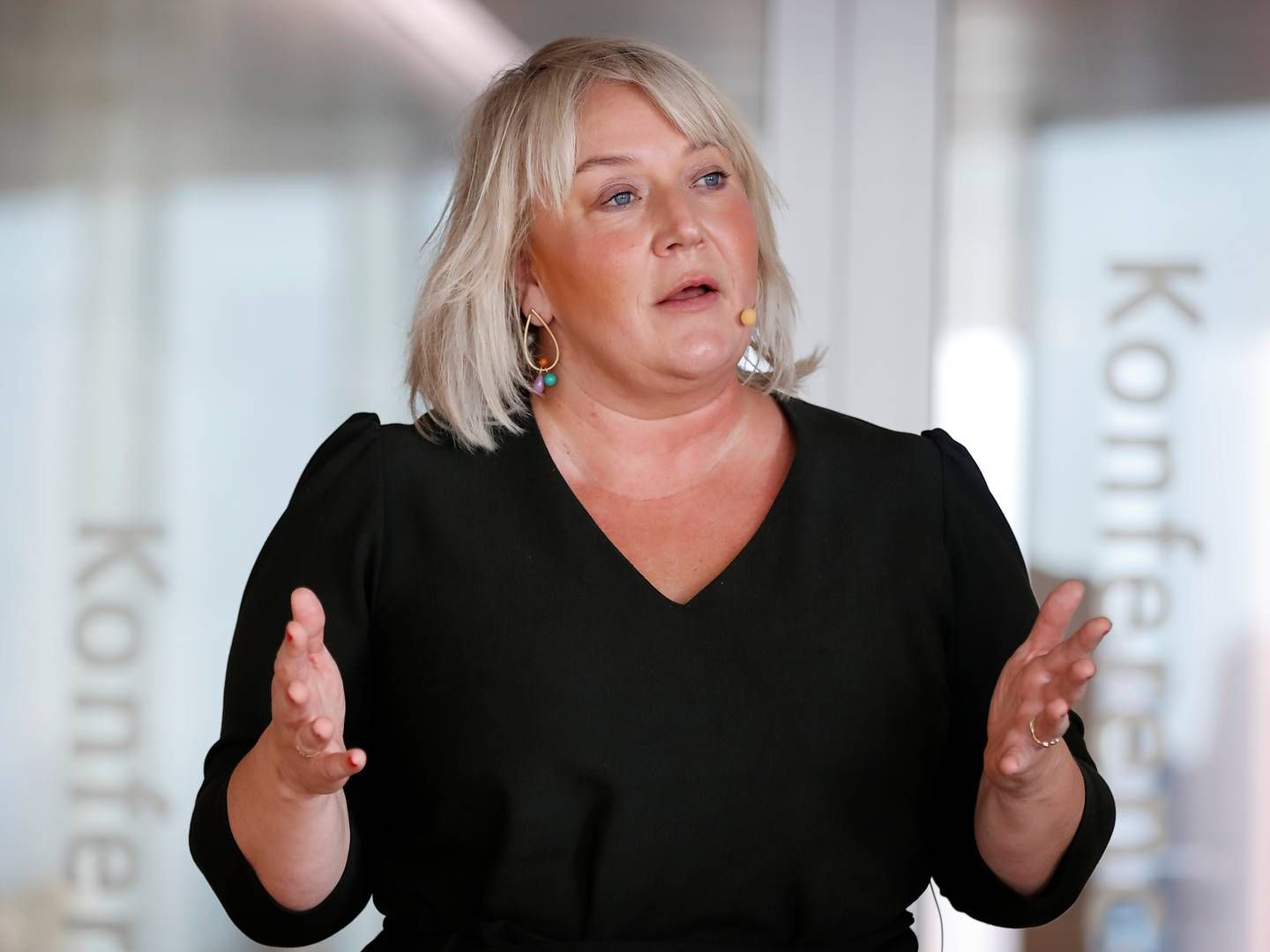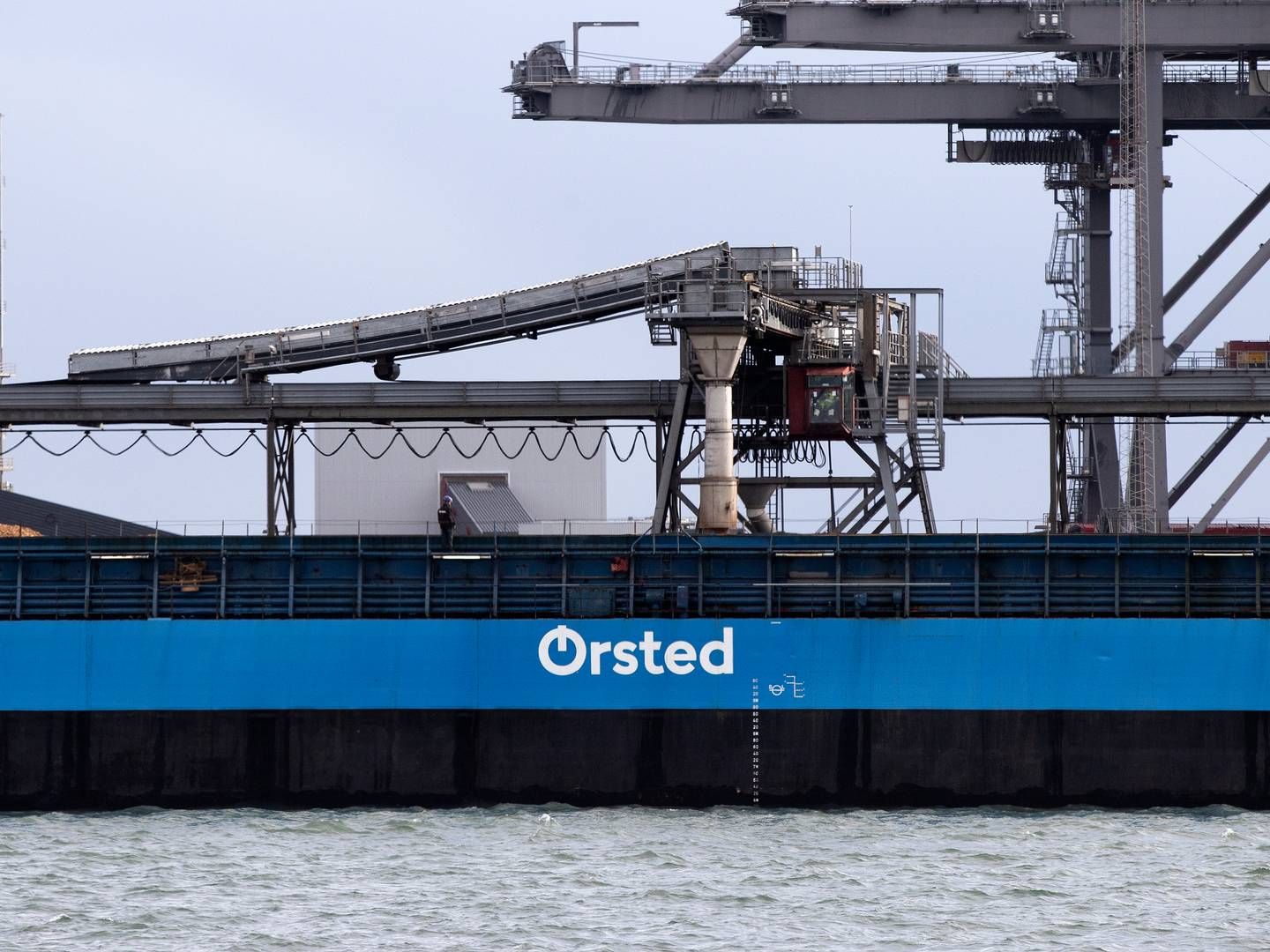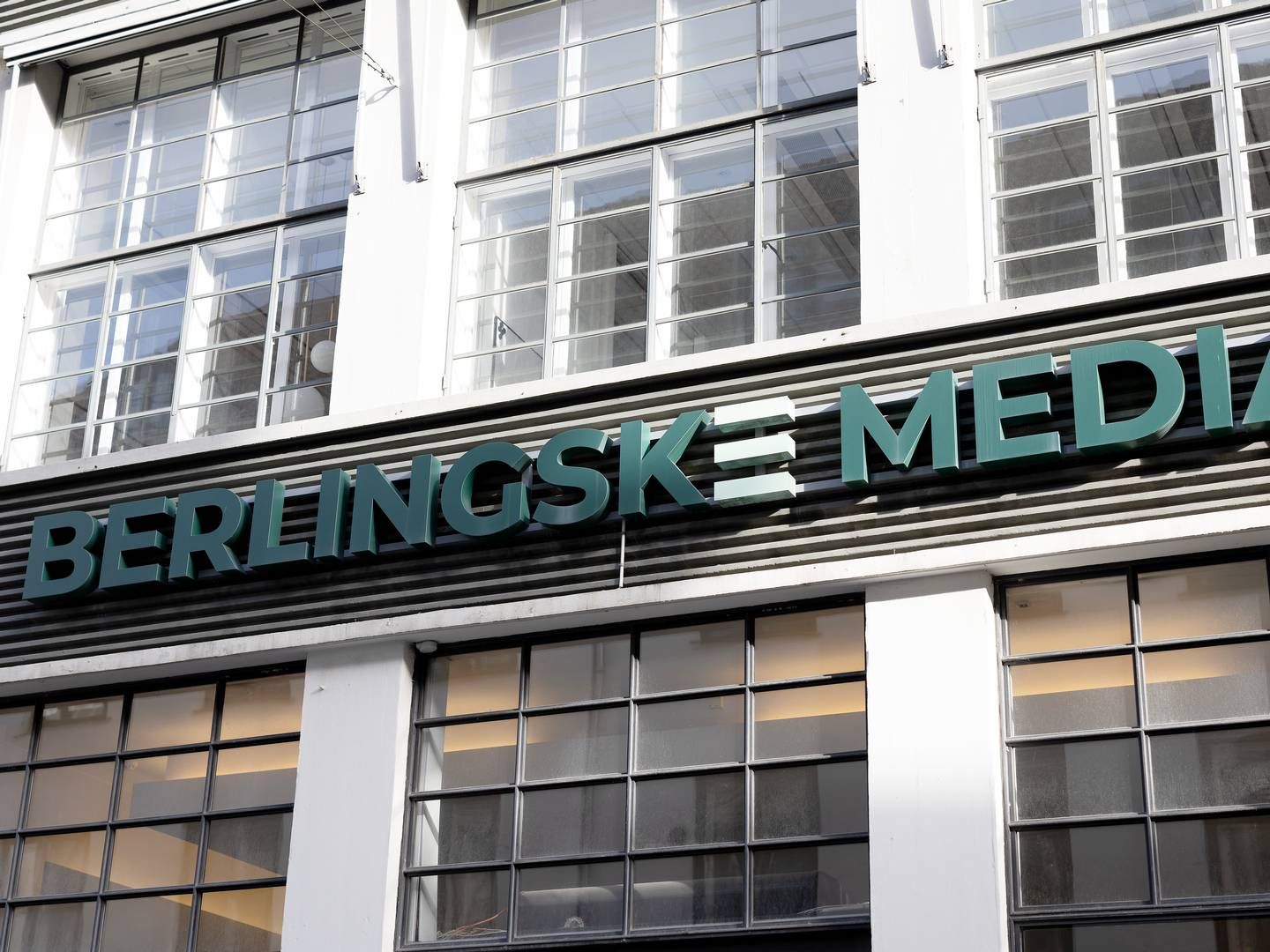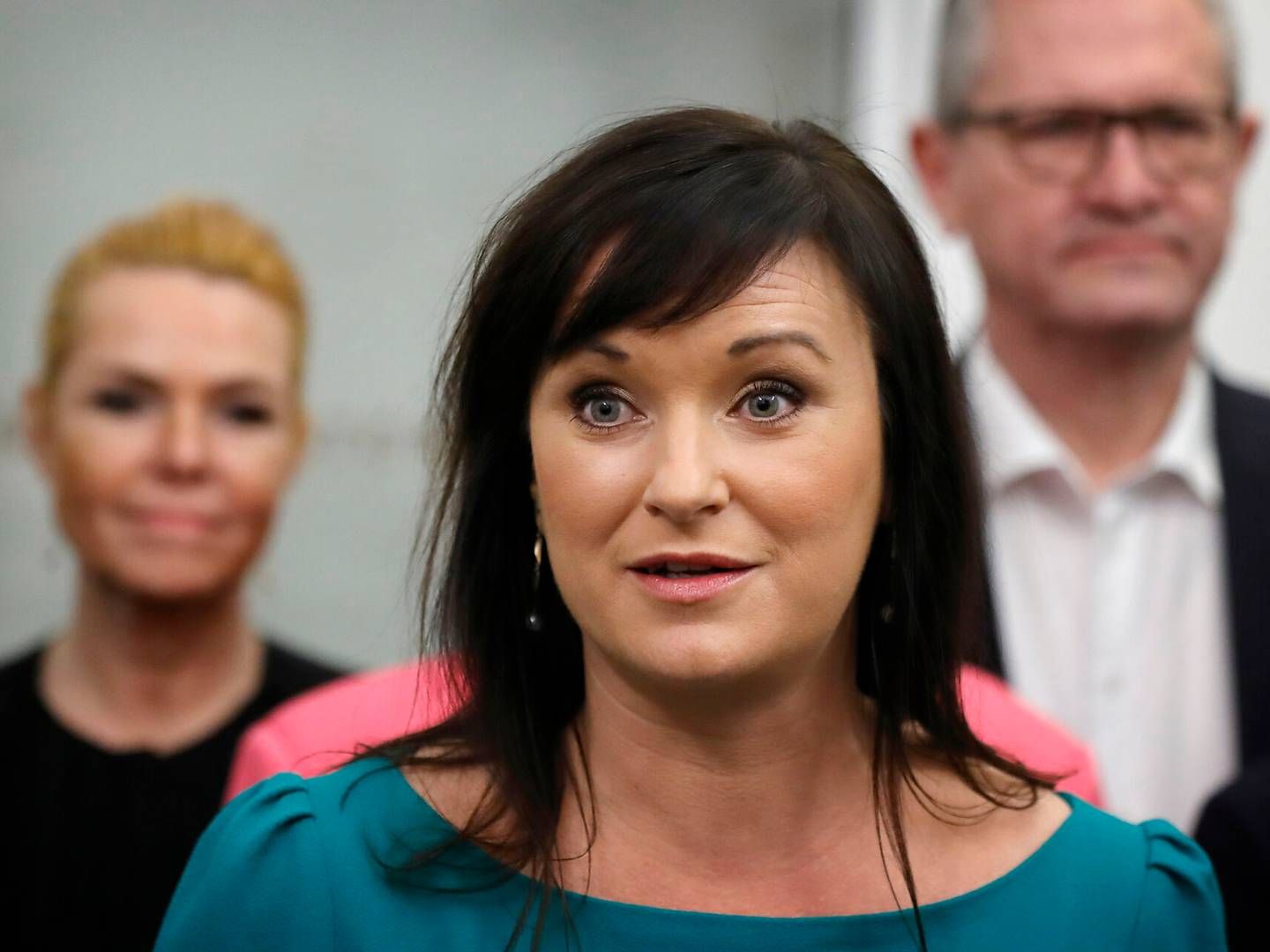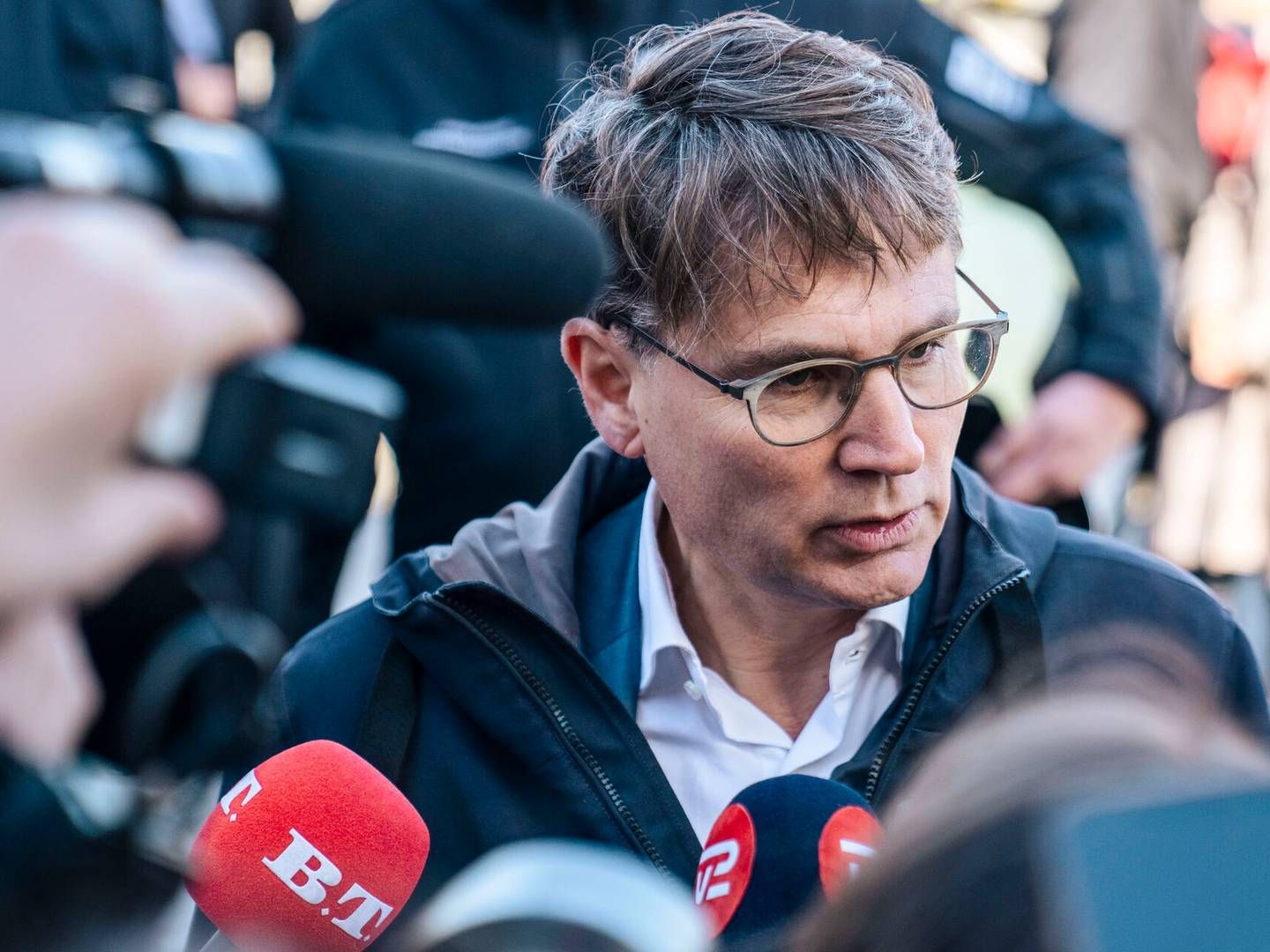How the internet is changing political campaigning
The present thesis addresses how the Internet is changing political campaigning. This is done by analyzing the role of the Internet in the 2004 US presidential election. The analysis covers the campaigns of Democratic candidates Howard Dean and John Kerry as well as the incumbent Republican president George W. Bush.
The analysis focuses on how the Internet was integrated and used in their campaign strategies. The analysis also includes the organizations MoveOn and Swift Boat Veterans for Truth, and the company Meetup.
The thesis takes off with Dean, the infamous Vermont governor, who was the first presidential candidate ever to gain widespread success by relying heavily on the Internet in his campaign. Even though Dean lost the primaries, he ran a successful Internet campaign that determined
how the Internet was to be used by both Kerry and Bush in the general election. Kerry predominantly used the Internet to raise money. He was not able to follow in Dean’s footstep in order to take advantage of the Internet on a large scale because his fundraising focus and concern towards staying on message made him lead a traditional war room campaign. As Bush did not have to be as concerned about raising money as Kerry, he focused his Internet efforts on building a strong, extensive grassroots movement that enabled him to win the ground war against Kerry, i.e. to get the largest voter turnout.
The Bush campaign is moving towards a network strategy, which does not entail giving up control, but to outsource GOTV efforts, grassroots fundraising and spreading the message to self-governing campaign units. This notion is deduced in terms of Manuel Castells’s theory of
the network society, in which the Internet plays a pivotal part.
Dean showed us how to use the Internet to raise money, to exploit the momentum of a presidential election and to create a community-feel around your campaign. The thesis shows how in particular Dean and Bush exploited the myth of deliberative politics, in the understanding of Jürgen Habermas, for PR purposes to mobilize and motivate supporters.
The Internet revitalized the ground game, and it became an important notion to turn online supporters into offline activists. The Internet revitalized grassroots organization and, in the light of Niels Ole Finnemann’s theory of five diachronic media matrixes, reinforced offline face-to-face communication.
Specialet er afleveret ved Institute of Information and Media Studies, University of Aarhus, Denmark



